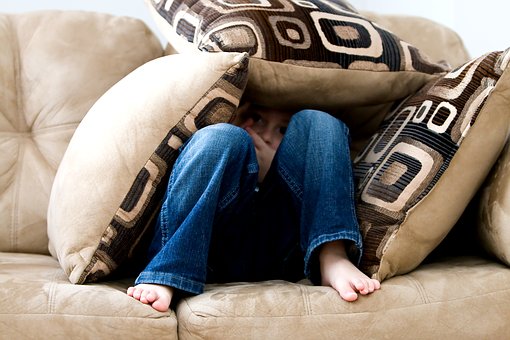
As summer draws to a close the start of the new school year approaches bringing with it many different emotions. For some the thought of a new school year, a new classroom, a new teacher and even new classmates can be a source of excitement for weeks leading up to the first day of school. For other children, however, back to school time isn’t so easy.
Although some level of trepidation and nerves about school can be completely normal, for some children their anxiety surrounding attendance at school can be so bad they can’t attend at all. Feelings of anxiety and distress occur at the very thought of returning to school, leading to weeks and sometimes months of absenteeism.
Mental health professionals say these students’ have a condition called “school refusal” that may be triggered by anxiety, depression, family crises and other traumatic life events such as bullying. Times of transition such as moving schools or beginning high school tend to carry more stress and have higher rates of school refusal.
In 2016 research showed that children in England are among the unhappiest in the world, with more than a third reporting they had been bullied in school, and half had felt excluded. The report showed there were higher levels of anxiety and unhappiness among teenage girls, compared with five years ago, so it’s little wonder that levels of school refusal are also rising.
Children with school refusal are often highly anxious and need emotional support; if you suspect that your child may be experiencing significant anxiety about returning to school it may be a wise idea to reach out to a professional therapist to help them gain the support and skills that they need to successfully navigate their fears.
One successful way to deal with stress and anxiety is clinical hypnotherapy and the National Council for Hypnotherapy (NCH) has more than 1,800 qualified and highly-trained therapists across the UK. School refusal can stem from from a wide variety of distressing feelings such as panic attacks, anxiety, guilt or inadequacy. Whatever the problem feeling, clinical hypnotherapy can deal with it more specifically than any drug – and without harmful side effects.
“Hypnotherapy unlocks the potential you have to break free of negative thought patterns, and to react more positively and more confidently to situations in your life that may have previously made you anxious,” says the NCH.
In assessing the anxiety, a hypnotherapist can identify the root of stress or anxiety and then work with the student to set a goal for how they would like to feel and then work towards reaching the goals using a range of different techniques.
